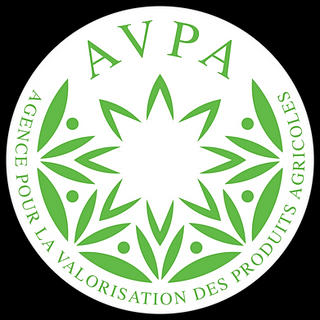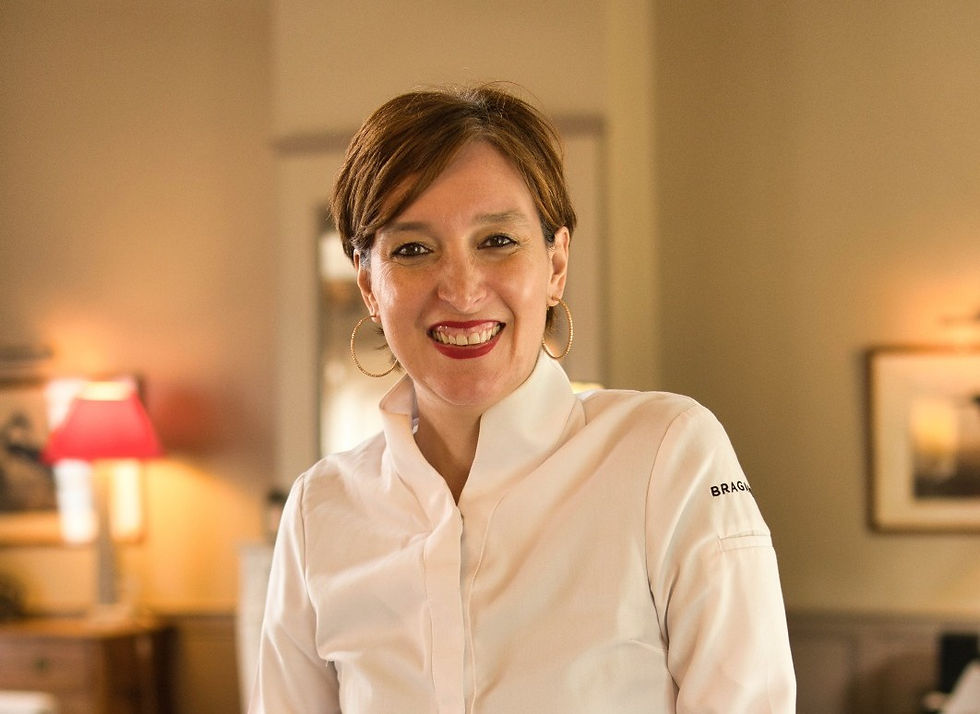An encounter with a VIP from the world of coffee
- Philippe Juglar
- Sep 27, 2022
- 3 min read
Updated: Sep 28, 2022
Hello José Arnold. You are well-known and established in Latin America but maybe not as much in Europe.
Note that, in Europe, we gained some recognition since 2008 when our coffee ended up among the 18 best in the Cup of Excellence. Since then, we are selling in about 12 countries and more than 30 brands which are respecting our family traceability system. This means that we sell them green coffee which they roast under their brand names. But they are always mentioning where the product comes from: name of the farm and country.
Your position as an agronomic expert and taster gives you an exceptional position as an observer. How do you explain the success of your country, Honduras, in the coffee world?
The success of Honduras is mainly due to its ability to learn from its mistakes. Until about 15 years ago, we were known as a producer country of merchant coffees, as a country able to replace good single origin coffees when there is a shortage. We used several scientific studies that were both agronomic and taste-related to divide the geographical area into 6 coffee regions which are providing different profiles of coffee and to open the doors for customers with high demands for specialty coffees. Those specific studies and scientific experimentations allowed us to continue increasing our coffee production year after year, and to teach coffee producers an in-depth knowledge about their products. This is the secret to success that permitted us to market them. And maintaining the traceability of your coffee up to date (its history, variety, process, tissue/cell management, nutrition, drying process, storage, quality control and tasting) is a real added value when you seek to sell your product.
If you look back, what are, from your point of view, the biggest changes in the coffee world?
The biggest changes in the world of coffee are the following: a growing transparency in the stories told by the producer, his increasingly direct relationship with the final consumer, the willingness we all have to enjoy an entirely social drink and to know its story. We are aware that through its consumption, we can improve the social environment of the producer and his well-being. In addition, consuming a natural product, that is not harmful for your health, brings well-being as well.
Since our first contest, you are a fervent supporter of the AVPA contests. You even organized an awards ceremony in Honduras under the patronage of the President of the Republic. Would you mind explaining us why the specificity of the AVPA contests can be useful and important for coffee growers?
Throughout the years, AVPA has obtained that the producer consider as an asset for his added value to sell the end product, which is sell roasted coffee. Let us not forget that this can bring greater commercial benefits but can also involve important risks in regard to quality preservation. This does not only refer to the way a coffee is roasted based on its density, variety, size, latitude of production but to the way it can be supplemented by major aspects such as the type of packaging or all the conditions that maintain and preserve the said quality, carefully prepared by the producer in order to properly valorise the product.
In addition, AVPA is an excellent—and primordial—channel which is publicizing this quality and added value. It is also a great platform which is promoting extraordinary coffees through tastings. Without AVPA, those coffees might not have reached the market of specialty coffees in such a demanding gourmet world.











Comments